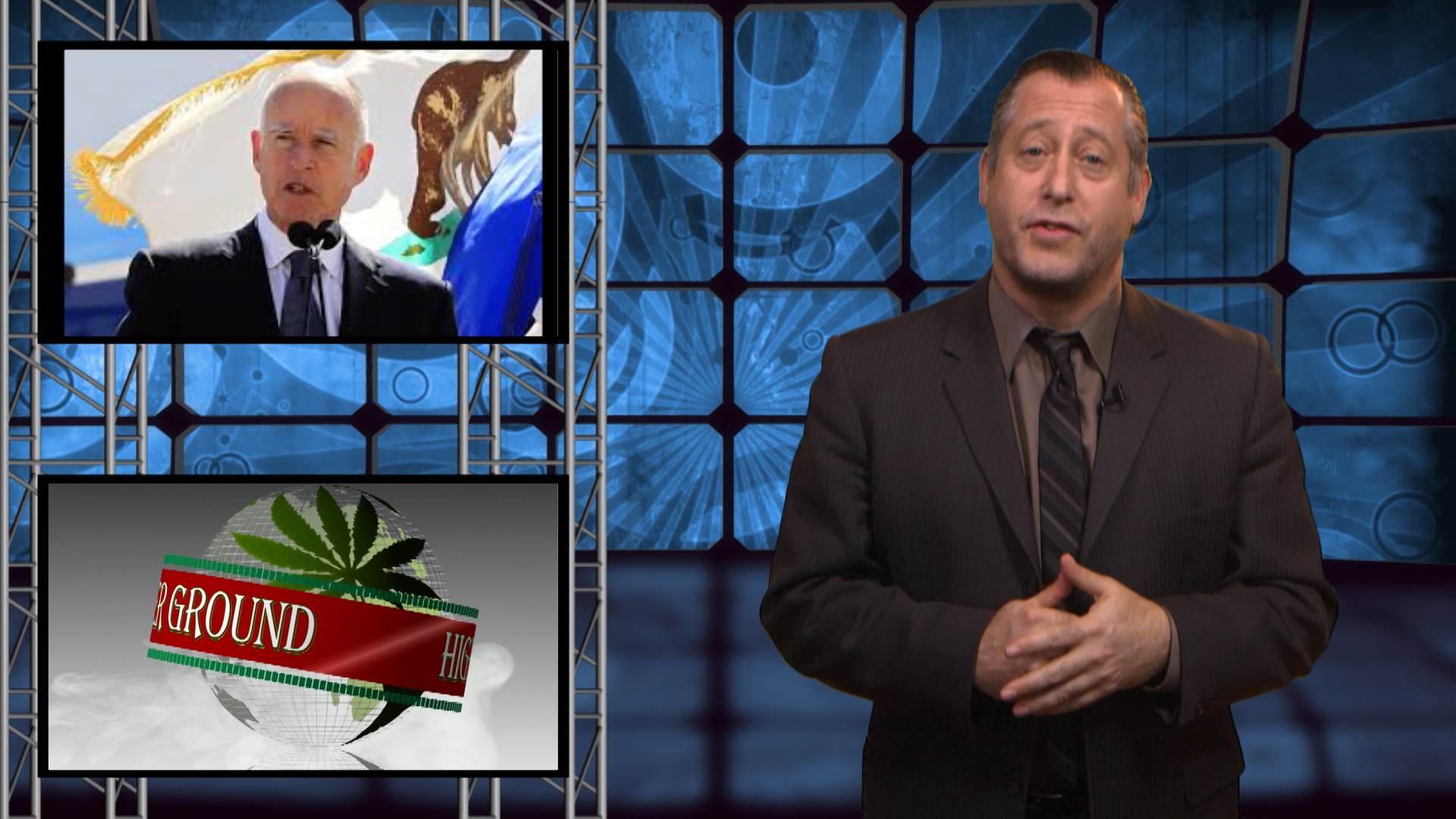Washington State is considering including pot vending machines in their retail stores! The self-serve machines are being touted as “convenient for customers who don’t want to wait in lines, and for those who are particularly shy.”
About the Author
A Gonzo journalist hailing from New York City, Gonzo has contributed to pretty much every marijuana magazine and blog in the nation. He covers Medicinial, Growing and National News for Higher Ground. And since it’s not legal where he lives, he’ll remain anonymous. For now.You Might also like
-
Jerry Brown
California Governor Jerry Brown had some surprising things to say about his State legalizing marijuana. And we had some surprising things to say back! -
The Truth About Driving While Baked Outta Yer Mind
Since our initial investigative report on the dangers of smoking and driving (see video below)others have taken up the cause. Here’s a comprehensive piece from our friends at The Daily Beast
-
CORPORATIONS AND MARIJUANA: LEGAL WEED GOES MAINSTREAM
Americans could learn from Canada, as the New York Times explains in When Cannabis Goes Corporate. Canada’s free-for-all approach prompted complaints from police and local governments, so Canada adopted a regulated system for growth and sales. Enter Tweed Marijuana, one of the companies licensed to grow medical marijuana in Canada.The new rules allow prescription holders to buy from approved, large-scale, producers. More informal growing operations suffer. But the changes have spawned an industry of more legitimate producers with bigger business models. And that should mean more sales.
Canada expects to collect taxes on over $3.1 billion in annual sales. The figures stateside could be vastly better. In Washington State, where even recreational marijuana is now legal, the Liquor Control Board hired Prof. Mark Kleiman of UCLA to research the state’s marijuana market. He estimated Washington’s medical and illicit consumption generated approximately $1.2 billion in sales annually.
Medical marijuana neon sign at a dispensary on Ventura Boulevard in Los Angeles (Photo credit: Wikipedia)
Colorado too voted to legalize marijuana even for recreational use. Already, Colorado gets $2 million from marijuana taxes. And while there are rules in Colorado and Washington, both states seem well on their way to regulating and profiting from the industry. Medical use is far more prevalent, now numbering 20 legal medical marijuana states and D.C.
Yet in the Feds’ view, regardless of state legality, marijuana is a controlled substance and illegal under federal law. As more states have clashed with federal law, this mismatch has become more contentious. The Department of Justice issued a response suggesting that it will lay off the raids and prosecutions.
But the feds will lay off only if the states create “a tightly regulated market” with rules that address federal “enforcement priorities” such as preventing interstate smuggling, diversion to minors, and “adverse public health consequences.” Those phrases seem imbued with discretion. This memo to U.S. attorneys makes clear that the DOJ can still prosecute growers and sellers.
To be sure, this is much bigger than a tax problem. And yet the tax problems of the industry are huge and are thought to be one of the industry’s major impediments. Section 280E of the tax code denies even legal dispensaries tax deductions. The main culprit is Congress, not the IRS. The IRS has said it has no choice but to enforce the tax code passed by Congress.
How big is the industry’s problem? “The federal tax situation is the biggest threat to businesses and could push the entire industry underground,” the leading trade publication for the marijuana industry reported. One answer has been for dispensaries to deduct expenses from other businesses distinct from dispensing marijuana. If a dispensary sells marijuana and is in the separate business of care-giving, the care-giving expenses are deductible. If only 10% of the premises are used to dispense marijuana, most of the rent is deductible.
Another idea is for marijuana sellers to operate as nonprofit social welfare organizations. That way Section 280E shouldn’t apply. The industry needs to operate more like other businesses. Sometimes such matters involve structural questions. To avoid trouble with the IRS, some claim that dispensaries should be organized as cooperatives or collectives.
The Marijuana Tax Equity Act would end the federal prohibition on marijuana and allow it to be taxed. The bill would also impose an excise tax on cannabis sales and an annual occupational tax on workers in the growing field of legal marijuana.
(Thanks to reporter Robert Wood and Forbes magazine for this post.)





